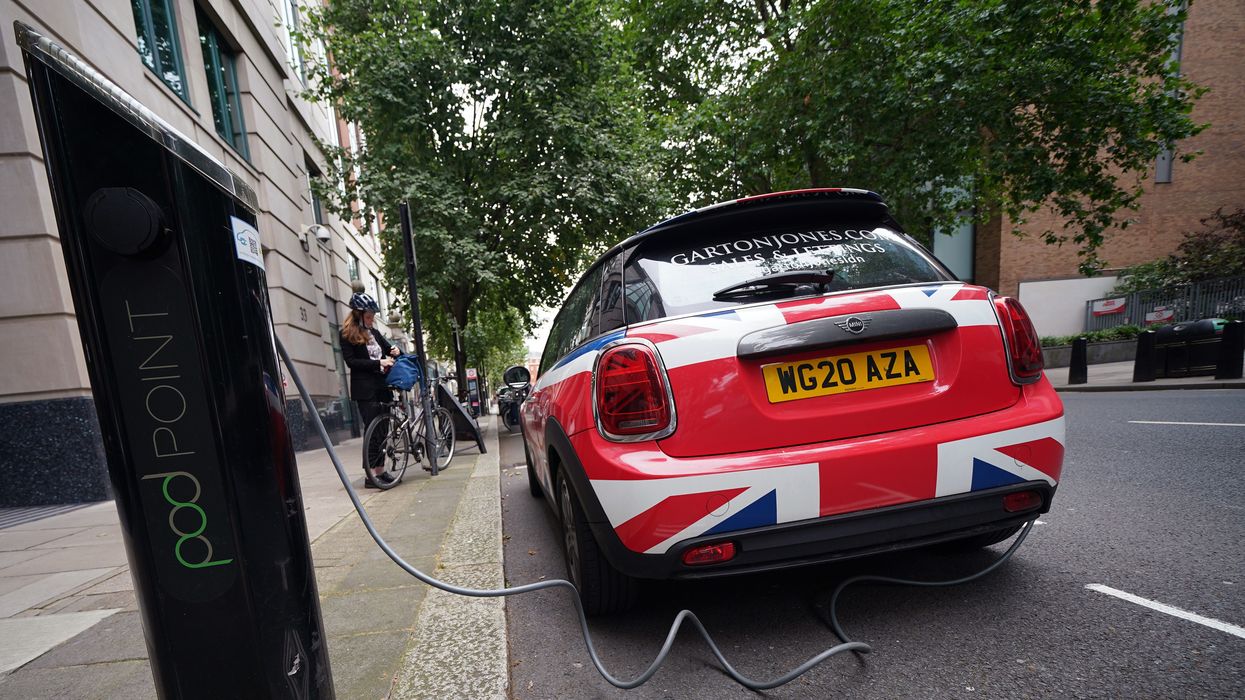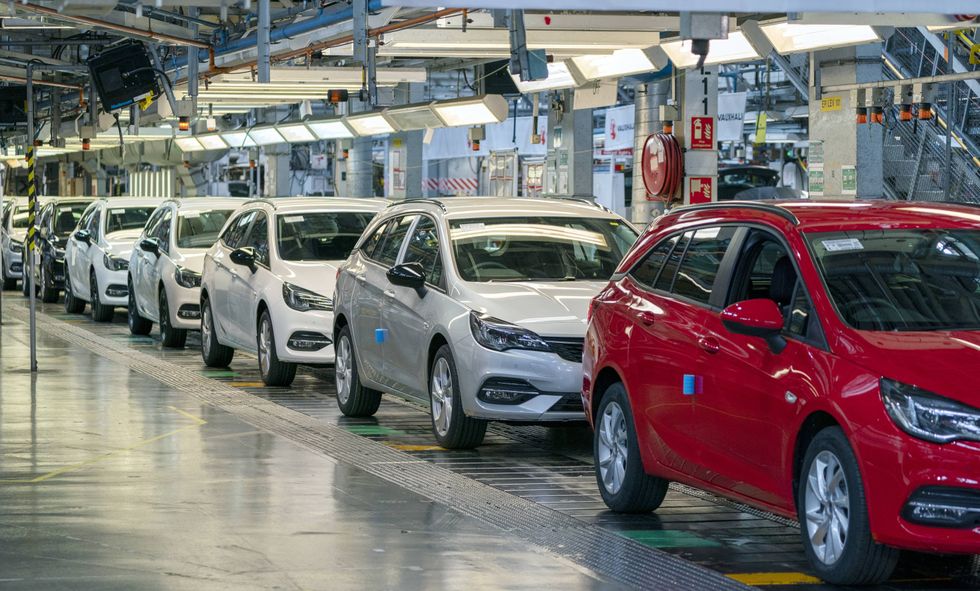Electric car prices could see £3,400 tax hike without 'urgent' Brexit trade deal with EU

Electric cars could get more expensive unless a deal is reached
|PA

The new rules are set to be introduced on January 1 unless an agreement is reached
Don't Miss
Most Read
One of the UK’s largest motoring organisations has urged the UK and European Union to strike an immediate agreement to deal with Brexit tariffs on electric vehicles.
The Society of Motor Manufacturers and Traders (SMMT), as well as a number of European auto companies, are calling for a delay to the introduction of new Rules of Origin (ROO) requirements.
This would have a huge impact on electric car batteries and could result in EVs made in the UK and EU uncompetitive in the opposite markets, with Chinese producers expected to benefit massively with cheaper vehicles and battery components.
The new Rules of Origin are expected to be introduced on January 1, 2024, unless an agreement is reached between the UK and European bloc.
WATCH NOW: Labour's Steve Reed reacts to electric car announcement
Electric vehicles which do not meet the new thresholds will be subject to a 10 per cent tariff when traded across the Channel, with manufacturers potentially paying an extra £4.3billion.
For drivers, this would mean an average price hike of £3,400 on EU-manufactured electric cars bought by British motorists, while European customers would see a £3,600 rise on UK-made EVs.
Trade of electric vehicles between the EU and UK has grown by an impressive 104 per cent in the three years since the EU-UK Trade and Cooperation Agreement (TCA) was signed.
At the end of 2020, trade was worth £7.4billion, with a huge uplift being seen in the past 12 months, reaching £15.3billion last year.
Speaking ahead of a major SMMT global trade conference later today, Mike Hawes, chief executive of the organisation, said changes were urgently needed to protect the UK’s industry.
He added: “UK Automotive is a trading powerhouse delivering billions to the British economy, exporting vehicles and parts around the world, creating high-value jobs and driving growth nationwide.
“Our manufacturers have shown incredible resilience amid multiple challenges in recent years, but unnecessary, unworkable and ill-timed rules of origin will only serve to set back the recovery and disincentivise the very vehicles we want to sell.
“Not only would consumers be out of pocket, but the industrial competitiveness of the UK and continental industries would be undermined.
“A three-year delay is a simple, common-sense solution which must be agreed urgently.”
According to the new SMMT report, Open Roads – Driving Britain’s Global Automotive Trade, increased cooperation has helped the worth of the automotive industry surpass £100billion.
Almost half of all new EVs registered in the UK between January and June came from the EU, with any cost increase having a dramatic impact on the desire to switch to an electric vehicle.
The SMMT states that a three-year delay to the introduction of the stricter rules is a “pragmatic solution” and will allow more gigafactories to become operational.
Any delay or postponement is also achievable through the existing TCA framework without needing to organise formal re-negotiations.
Experts argue that it is critical for a delay to be introduced to ensure manufacturers stick to the Zero Emission Vehicle mandate, which is set to begin in January 2024.
LATEST DEVELOPMENTS:

Without a delay, experts fear that uptake of EVs would be hampered
|PA
This will compel manufacturers to sell a growing proportion of zero emission vehicles, starting at 22 per cent next year, up to 80 per cent of total sales by the end of the decade.
A Government spokesperson said: “We need a joint UK-EU solution to avoid consumers facing tariffs on electric vehicles from 2024 which do not apply to petrol and diesel cars.
“We have raised this with the European Commission and industry and are ready to work with them to find a solution within the existing structure of the Trade and Cooperation Agreement.
"The UK remains one of the best locations in the world for automotive manufacturing.”










